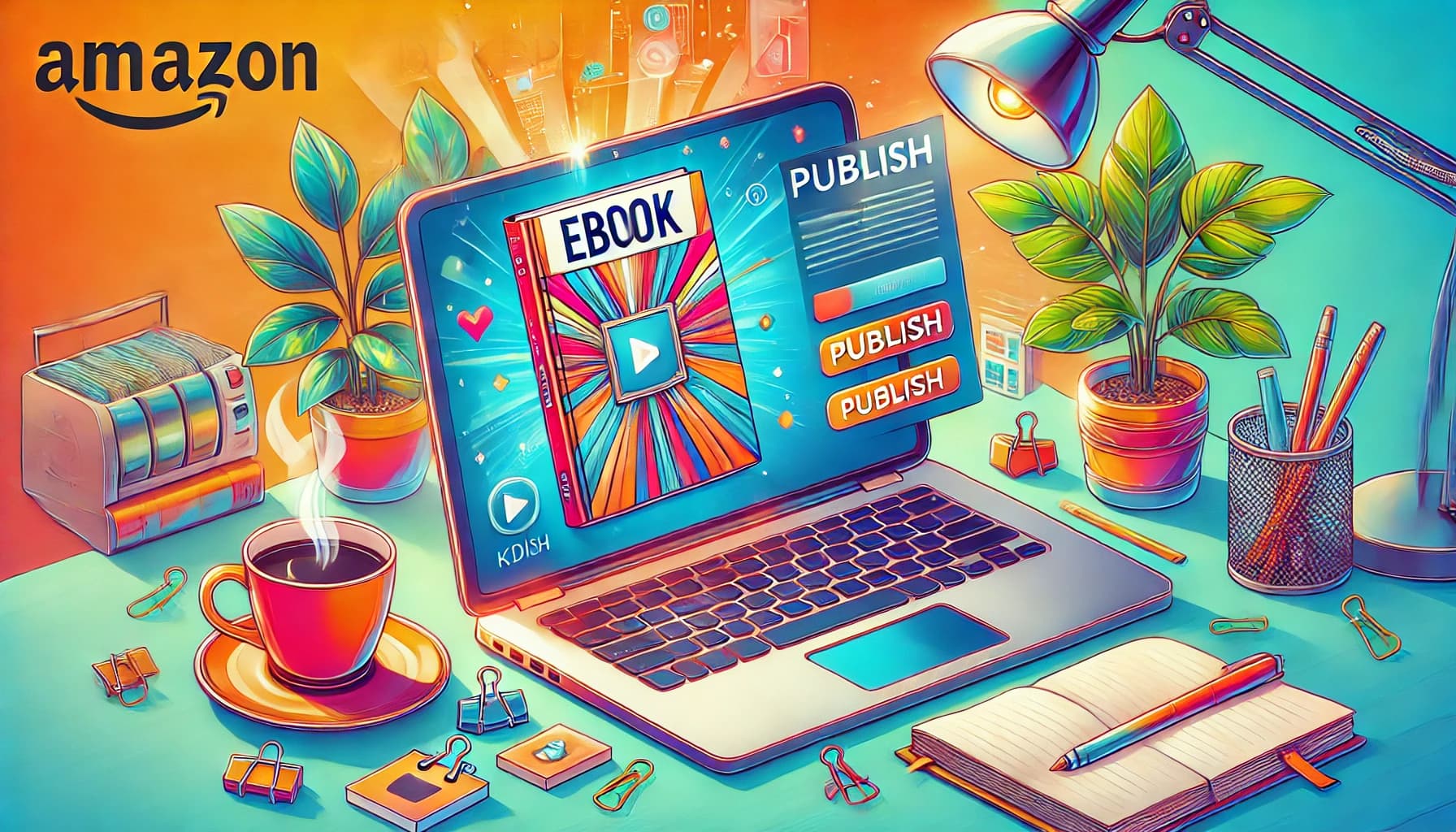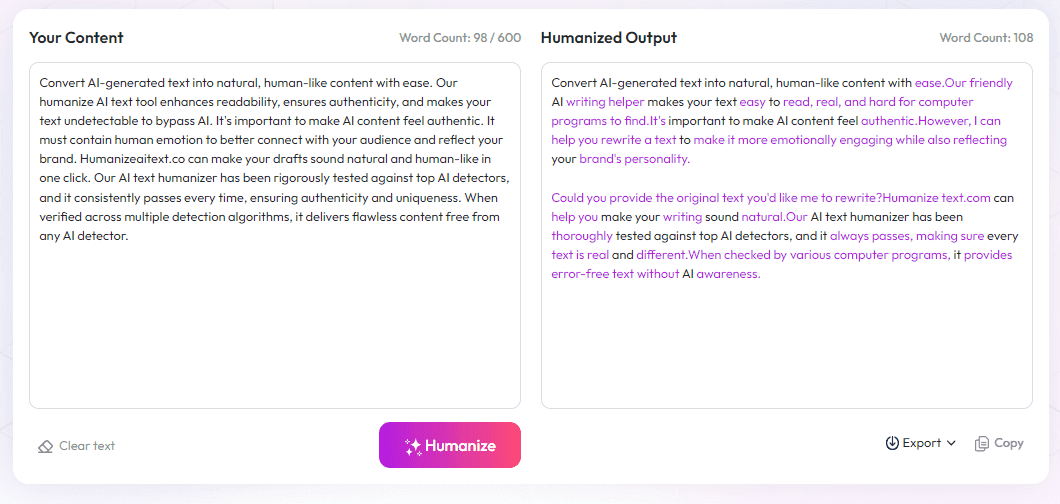Table of Contents
If you're venturing into author surveys, you might feel overwhelmed by questions, options, and formats. It’s common to wonder how to create surveys that actually get useful answers. Keep reading, and I’ll show you simple ways to use examples that make your surveys clearer, more effective, and more fun for your audience. In the end, you'll have tools to turn reader feedback into better books and stronger connections.
Key Takeaways
Key Takeaways
- Using example survey questions helps you create clear, focused, and effective ways to get feedback from readers. Tailoring surveys for pre-release, post-publication, or format preferences makes collecting useful insights easier.
- Types of questions like ratings, multiple choice, open-ended, and demographic data give you a variety of ways to understand your audience and their preferences better.
- Keep surveys simple, short, and easy to understand. Testing questions with friends or fellow authors ensures clarity and better responses.
- Survey responses can guide your marketing, pricing, and distribution strategies, helping you connect with readers and boost sales.
- Regularly update and adapt your surveys based on reader feedback and changing trends, so your questions stay relevant and engaging over time.

If you're an author wondering how to improve your audience engagement, using sample survey questions can be a game-changer. Author survey examples provide a blueprint for crafting questions that gather valuable insights from readers, helping you tailor your writing and marketing strategies effectively.
To get started, it’s crucial to understand the main reasons for utilizing survey examples. They serve as a guide to create clear, focused questions that resonate with your audience. Whether you're gauging reader interest before launching a new book or collecting feedback after publication, having a set of tested questions in mind saves you time and ensures you ask the right things.
There are various types of surveys authors can run, each with specific goals:
- Pre-release reader interest surveys help you understand potential readers’ preferences before your book hits the shelves. For example, asking “What genre do you enjoy most?” can guide your marketing efforts.
- Post-release feedback surveys gather insights on what readers thought of the book, which characters they liked, or themes they connected with. An example question is, “Which character stood out to you the most?”
- Audience preference surveys explore formats and genres that appeal to your readers, such as “Would you prefer to read this as an ebook or print?”
- Event or outreach participation surveys assess whether your promotional activities are catching on, asking questions like, “Did you attend my recent book signing?”
- Book cover or title testing surveys present different options to your audience to see which resonates best, like comparing two cover designs or titles.
Sample questions are the backbone of any effective survey. Here are some common types that you can adapt:
Rating Scale Questions
These questions help quantify reader opinions. For example, “On a scale of 1 to 5, how much did you enjoy the story?”
Multiple Choice Questions
They allow readers to select one or more options. Example: “Which of the following genres do you prefer? (Fantasy, Mystery, Romance, Sci-Fi)”
Open-Ended Questions
Ideal for gathering detailed insights. A common example is, “What did you like most about this book?” or “Any suggestions for improvement?”
Demographic Questions
Understanding your audience's background can guide marketing. Questions like, “What is your age range?” or “Where are you located?” are helpful.
Creating an effective survey isn’t just about the questions; it’s also about how you craft and structure them. Keep questions clear and straightforward. Focus on one topic at a time to avoid confusing your readers. Remember, shorter surveys tend to get better responses, so aim for brevity without sacrificing essential information.
Before launching, test your questions with friends or fellow authors to ensure clarity and ease of understanding. Doing this helps you catch ambiguous or confusing wording.
If you're interested in seeing actual templates, look into sample author survey templates or explore (https://automateed.com/how-to-write-a-dystopian-story/) to inspire your question design. Tailoring these examples to your specific goals makes a big difference in collecting meaningful data that can boost your writing career.

8. Insights from Recent Author Surveys and How They Can Guide You
Recent surveys reveal that in 2025, the median income for indie authors sits around $12,749, with a sizable chunk earning over $50,000 and even some hitting six figures.
This shows that diversification and smart marketing can really pay off.
Understanding such data helps you see where you might fit on the spectrum and what strategies successful authors are using.
For example, authors who sell directly to readers tend to have more books published—over 66% have published at least five books, which boosts income prospects.
Using survey insights, you can decide whether to focus on building a backlist or enhancing your direct sales efforts.
And if you're curious about the types of platforms and formats your readers prefer, social media continues to be king—over 78% of authors use at least one platform weekly.
Leverage this info by crafting surveys that ask about favorite platforms, formats, and pricing preferences.
Keep in mind that print sales are rising, with 782 million print units sold in 2024, and audiobooks raking in $1.8 billion—showing that multi-format distribution can diversify income streams.
By understanding these trends, you can tailor survey questions to explore what formats your audience prefers and how you can meet their needs.
9. Using Survey Results to Boost Your Marketing and Sales Strategies
Once you collect responses, the real work begins—using that data to shape your marketing plan.
If surveys show your audience mostly reads ebooks, you can focus on Amazon Kindle promotions or promotional deals.
Similarly, if your readers prefer print, investing in quality cover art and considering print-on-demand options makes sense.
Survey responses can also reveal the ideal price point—many indie authors find that pricing between $2.99 and $4.99 maximizes sales volume without undervaluing their work.
Test different price points or formats through small surveys to see what your audience values most.
For instance, asking questions like “Would you pay more for an audiobook narrated by a professional voice actor?” can guide you in investment decisions.
Using survey insights to refine your email marketing and social media campaigns ensures you're speaking directly to reader interests and habits.
Make it a habit to analyze responses regularly and adjust your tactics accordingly—this data-driven approach keeps your efforts relevant and efficient.
10. How to Keep Your Surveys Fresh and Relevant Over Time
Surveys aren't a one-and-done deal — they should evolve as your audience grows and trends shift.
Set a schedule to review and update your questions every few months or after major marketing campaigns.
This helps you catch changing reader preferences and emerging formats.
Use feedback from previous surveys to ask more targeted questions, like “Would you be interested in a serialized story sent via email?” if that’s become a popular request.
Keep experimenting with different types of questions—adding some fun prompts or quick polls can keep your audience engaged.
For example, try incorporating social media polls on platforms like Instagram or Twitter for instant responses and to boost engagement.
Additionally, periodically testing cover options, titles, or promotional offers via surveys helps you refine your approach continuously.
Remember, the goal is to stay in sync with what your readers want, so don't be afraid to ask for their input frequently.
FAQs
Using survey examples helps authors understand effective question formats, gather relevant feedback, and tailor surveys to achieve specific goals like improving book content or marketing strategies.
Common surveys include pre-release reader interest, post-release feedback, audience preferences, event participation, and book cover or title testing to gather targeted insights.
Sample questions like ratings, multiple-choice, and open-ended queries guide authors in crafting clear, relevant surveys that gather useful insights from their audience.
Keep questions clear and simple, focus on one topic, make surveys short, test questions beforehand, and match questions to your specific goals for better results.



